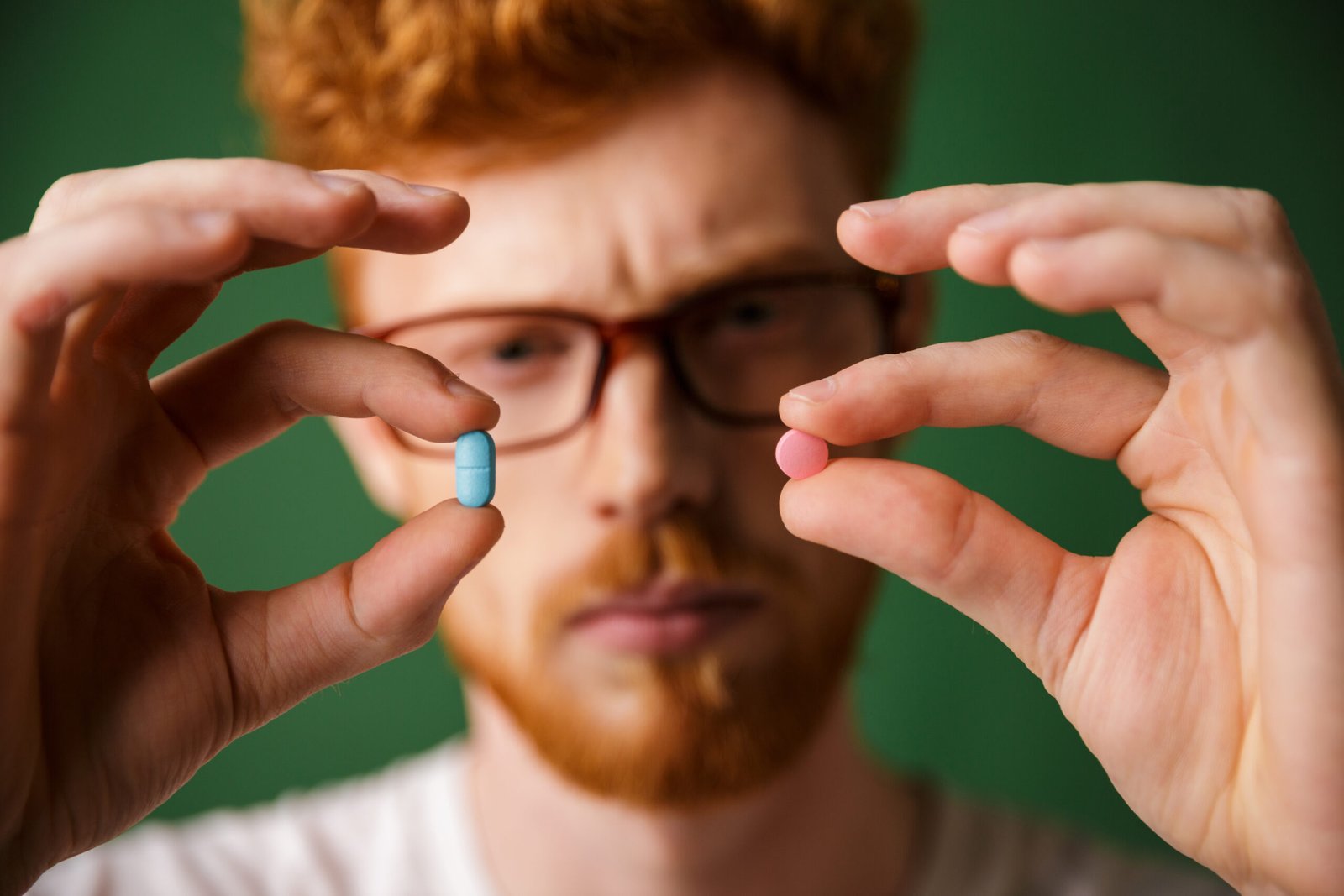Top 10 Misconceptions About Antibiotics You Probably Believe
Antibiotics are life-saving medicines. There’s no doubt about that. But over the years, they’ve also become one of the most misunderstood medications out there.
From popping them for a common cold to believing they’re a quick fix for everything; antibiotic myths are everywhere—and believing them could be harmful to your health.
In this article, we’ll debunk the top 10 misconceptions about antibiotics that many people still believe. Let’s clear things up, one myth at a time.

- Antibiotics Cure All Infections
Let’s start with the biggest myth of them all.
Truth: Antibiotics only work against bacterial infections—not viral ones.
That means they won’t help with:
- Colds
- Flu
- Most sore throats
- COVID-19
Taking antibiotics unnecessarily can actually do more harm than good, like wiping out your healthy gut bacteria or making bacteria more resistant in the future.
- You Can Stop Taking Antibiotics Once You Feel Better
We get it—you’re feeling better, so what’s the harm in skipping the last few pills?
Truth: Not finishing your prescribed dose can allow some bacteria to survive—and they might come back even stronger.
Always complete the full course, even if your symptoms have disappeared. It’s the only way to ensure all the bacteria are gone.
- Leftover Antibiotics Can Be Used Next Time You’re Sick
Think twice before raiding your medicine cabinet.
Truth: Different infections need different antibiotics—and dosing matters.
Self-medicating with leftovers can lead to:
- Incomplete treatment
- Side effects
- Antibiotic resistance
Always consult your doctor before taking any medication.
- Stronger Antibiotics Are Always Better
Some people believe that more powerful drugs mean faster healing. Unfortunately, that’s not how antibiotics work.
Truth: The goal is to use the right antibiotic, not the strongest one.
Overusing strong antibiotics can cause:
- Unnecessary side effects
- Higher risk of resistance
- Damage to good bacteria
Prescribing is based on type of infection, not power.
- If You’re Not Getting Better, You Need a Different Antibiotic
Impatience can be dangerous when it comes to antibiotics.
Truth: Some antibiotics take a few days to kick in.
Switching too early or unnecessarily might:
- Confuse your body
- Not give the first medicine time to work
- Contribute to resistance
Always give your prescription time, and talk to your doctor before making changes.
- Antibiotics Work the Same for Everyone
Each body is different—and so is each infection.
Truth: Your friend’s antibiotic may not work for you.
Factors like:
- Age
- Medical history
- Bacterial strain
- Allergies
… all affect how your body reacts to antibiotics. Stick to your personalised prescription plan.
- You Can Drink Alcohol While Taking Antibiotics
That Friday night drink may sound tempting—but pause for a second.
Truth: While alcohol doesn’t reduce antibiotic effectiveness, it can increase side effects.
Some antibiotics (like metronidazole) can cause:
- Nausea
- Vomiting
- Rapid heart rate
Best to hold off on the cocktails until you’re done with your meds.
- It’s Safe to Take Antibiotics “Just in Case”
This one’s a major no-no.
Truth: Taking antibiotics when you don’t need them is the fastest way to build antibiotic resistance.
This creates superbugs—bacteria that don’t respond to treatment. Over time, this becomes a major public health risk.
Only take antibiotics when prescribed.
- Natural Remedies Work Just Like Antibiotics
Turmeric and garlic are great for your health, but they’re not substitutes for prescribed medication.
Truth:While some natural remedies have antibacterial properties, they’re not replacements for antibiotics in serious infections.
Feel free to use them as complementary options, but always follow your doctor’s lead.
- Antibiotic Resistance Means My Body Is Resistant
This is one of the most misunderstood ideas out there.
Truth:Your body doesn’t become resistant—bacteria do.
Over time, the more antibiotics are misused, the more bacteria adapt. That’s how superbugs form. It’s not about your immune system; it’s about how bacteria evolve.
Final Thoughts
Antibiotics are a powerful tool—but they need to be used wisely. Misinformation spreads easily, and when it comes to your health, the risks are too high to take chances.
Next time you’re handed an antibiotic prescription, ask questions. Understand what it’s treating and why. And always follow your doctor’s advice.
Bonus Tip
Looking for trusted sources to purchase doctor-prescribed antibiotics? Medicine Mart offers genuine medications from licensed suppliers with transparent pricing and fast delivery.

